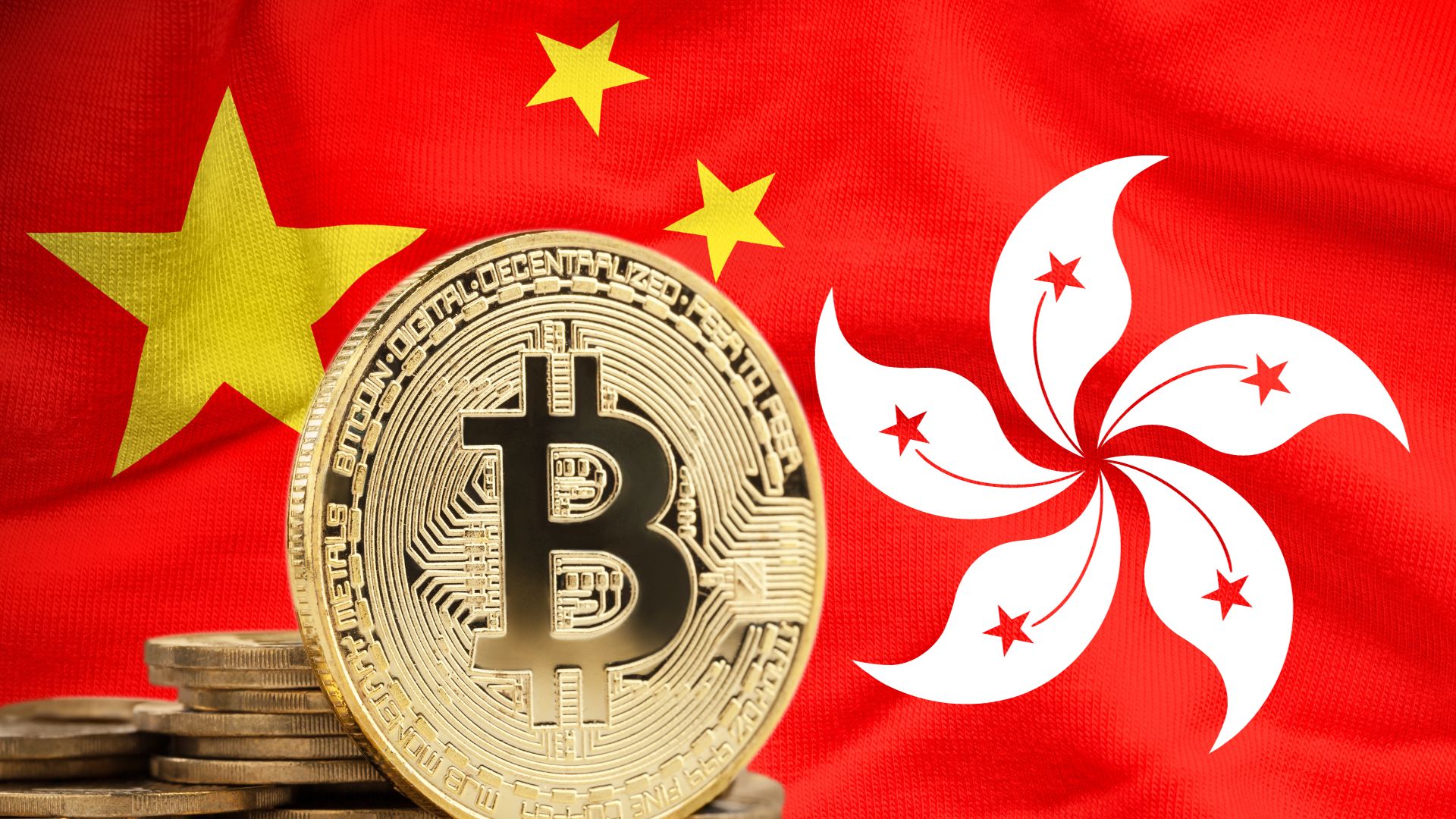- Hong Kong is poised to become a crypto hub due to its strong financial sector, business-friendly regulations, and sizeable affluent population.
- The city has actively sought to attract crypto businesses by providing licensing guidelines and setting up a dedicated crypto hub.
Hong Kong, a global financial hub, strives to become Asia’s crypto leader as it faces economic challenges and an exodus of talent.
Despite China’s crypto crackdown, Hong Kong retains autonomy under its “One Country, Two Systems” model. It plans to legalize retail crypto trading to attract digital asset companies, and central securities firms are entering the crypto space.
Success could rejuvenate its economy, but questions about regulations, adoption, and China’s influence persist.
Hong Kong aims to balance crypto innovation and compliance to become Asia’s crypto gateway, offering valuable insights into crypto’s role in traditional finance amid global market instability.
Hong Kong’s Crypto Ambitions Amidst Market Turmoil
Despite the crypto business’s hurdles, Hong Kong is committed to being a significant player in the virtual asset space.
While digital currency markets have seen crashes and the failure of multiple organizations, Hong Kong sees an opportunity to thrive and carve its position in the crypto world.
Contrasting Approaches: Hong Kong vs. China
Hong Kong and China’s contrasting approaches to cryptocurrencies are striking. While Hong Kong actively embraces virtual assets, China has banned crypto-related activities and trading.
This divergence could significantly impact the crypto landscape in the region. Hong Kong’s determination to become a crypto hub is evident in its forthcoming regulations.
In June, the city will require all crypto trading platforms to obtain licenses from the Securities and Futures Commission. These regulations aim to enhance transparency and accountability, boosting investor trust.
The commission is engaging in a consultation process to gather input from industry players, highlighting Hong Kong’s commitment to establishing a robust and inclusive regulatory framework for the crypto sector.
Hong Kong’s Advantage Over Other Crypto-Friendly Jurisdictions
Hong Kong’s competition in the crypto-friendly jurisdiction race, notably with places like Dubai, is real. Yet, Hong Kong has a distinct edge due to its global financial hub status.
Its robust financial infrastructure, international market access, and sound regulatory framework make it an attractive destination for local and foreign investors searching for a secure and supportive environment for their crypto endeavors.
China’s Potential to Emulate Hong Kong’s Crypto Approach
Despite China’s current ban on crypto transactions, the mainland could take cues from Hong Kong’s crypto initiatives. As Hong Kong progresses in building a crypto-friendly ecosystem, China might rethink its approach and examine the advantages of regulating the crypto industry.
While Hong Kong and several other regions are moving towards crypto acceptance, countries like the United States have adopted stricter stances, partly influenced by events like the FTX exchange collapse and the arrest of its founder, Sam Bankman-Fried.
A Report on China’s Emerging Crypto Hub in Hong Kong
China’s Liaison Office officials attending crypto events in Hong Kong have led to speculations about their support for Hong Kong’s ambitions to become a prominent crypto hub.
As one of China’s Special Administrative Regions (SARs), Hong Kong aims to leverage its separate legal system and well-established markets to excel in the cryptocurrency industry. This aligns with the “One Country, Two Systems” framework, emphasizing Hong Kong’s freedom to explore its crypto pursuits without jeopardizing China’s financial stability.
Hong Kong’s Securities and Futures Commission (SFC) facilitates retail crypto trading by initiating a consultation process for Virtual Asset Service Providers (VASPs) seeking licenses for such services. The SFC’s proposed requirements include thorough due diligence on listed tokens, ensuring only pre-approved tokens are available, and creating client risk profiles. Additionally, the SFC has concluded a multi-year consultation process, enabling exchanges to serve professional investors starting June 1st.
The timeline for retail investors in Hong Kong is still being determined, but the city could see a significant influx of funds. Wealthy Chinese individuals favor Hong Kong, with around $500 billion moving there from mainland China. While Hong Kong may still need to fully embrace decentralized crypto applications, this capital influx could positively impact the crypto markets.
China’s Prohibition on Cryptocurrency Trading and Its Potential Impact on Hong Kong’s Crypto Landscape
Mainland China has banned cryptocurrency trading, but it’s still being determined if this will apply to Hong Kong. Hong Kong regulators oppose the idea due to their unique system. Chinese officials attended crypto events in Hong Kong, hinting at support.
Due to consumer protection, capital control, and environmental concerns, Beijing must still ease its crypto control in mainland China.
Conclusion
Hong Kong aims to be a crypto hub, but it’s a challenging path. Balancing crypto innovation with stability is crucial.
Clear regulations, banking access, and talent attraction are vital factors. Success could change China’s stance on crypto, but failure may reinforce their concerns. Hong Kong is in uncharted territory, bridging traditional finance and digital assets.


